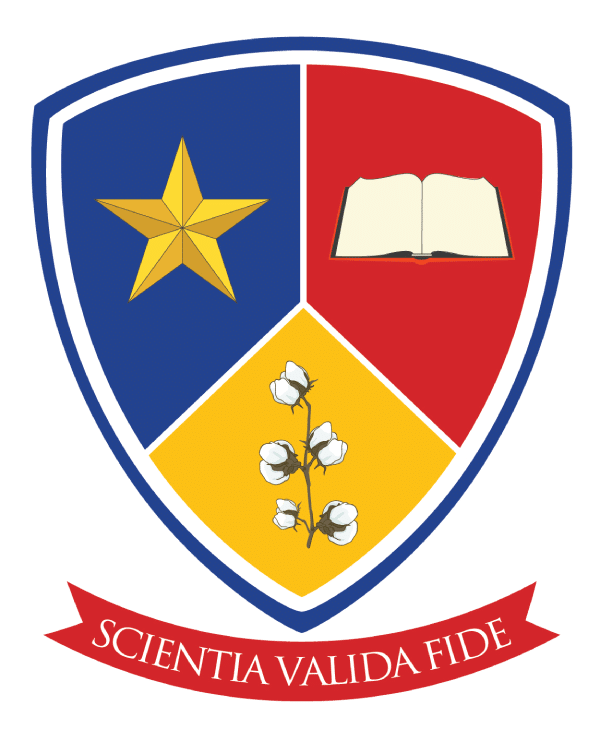
De La Salle College
Junior School
Our Curriculum
From its early days, De La Salle College has always tried to meet the students’ needs with professional zeal. True to the traditions first set out by our Holy Founder in the earliest days of the Institute of the Brothers of the Christian Schools, the students’ real needs are the basis of our curricular choices. We want our students to be functioning members of our society, thus we strive to meet the standards set by the National Curriculum Framework whilst giving a Christian and a Lasallian imprint to the educational services which we offer.
DE LA SALLE COLLEGE JUNIOR SCHOOL
OUR CURRICULUM
The Primary School Curriculum issued by the national educational authorities forms the backbone of our teaching and the content in the core subjects (Mathematics, Maltese, English and Science) is offered in its totality to our students. For the subsidiary subjects (including Religion and Social Studies), some minor modifications have been effected in our school’s syllabi to provide for a smooth transition between the different year groups and to enable the different age groups to access the content better.
For the Creative Arts (Art, Drama and Music), we have regular timetabled lessons delivered on a weekly basis by specialised teachers and we also have regular weekly lessons in Physical Education, I.C.T and P.S.C.D. De La Salle has always had an excellent reputation in this field and we are proud to continue upholding a tradition where the students do not just achieve excellence in the academic field, but also creditable competence in the creative arts and physical education. As a Lasallian school, there is an emphasis on Catholic liturgy, sports and the creative arts as a way of forming the students in a holistic way and promoting their talent.
At De La Salle, we strive not just for excellence in academic skills but we also try to form our students into critical, independent thinkers. In fact the main aims of the curriculum are to foster independent learning, encourage inquisitiveness, initiative and wonder, and instil a sense of solidarity with one another. We want our students to develop into useful citizens and to be able to use their knowledge to make the world a better place!




